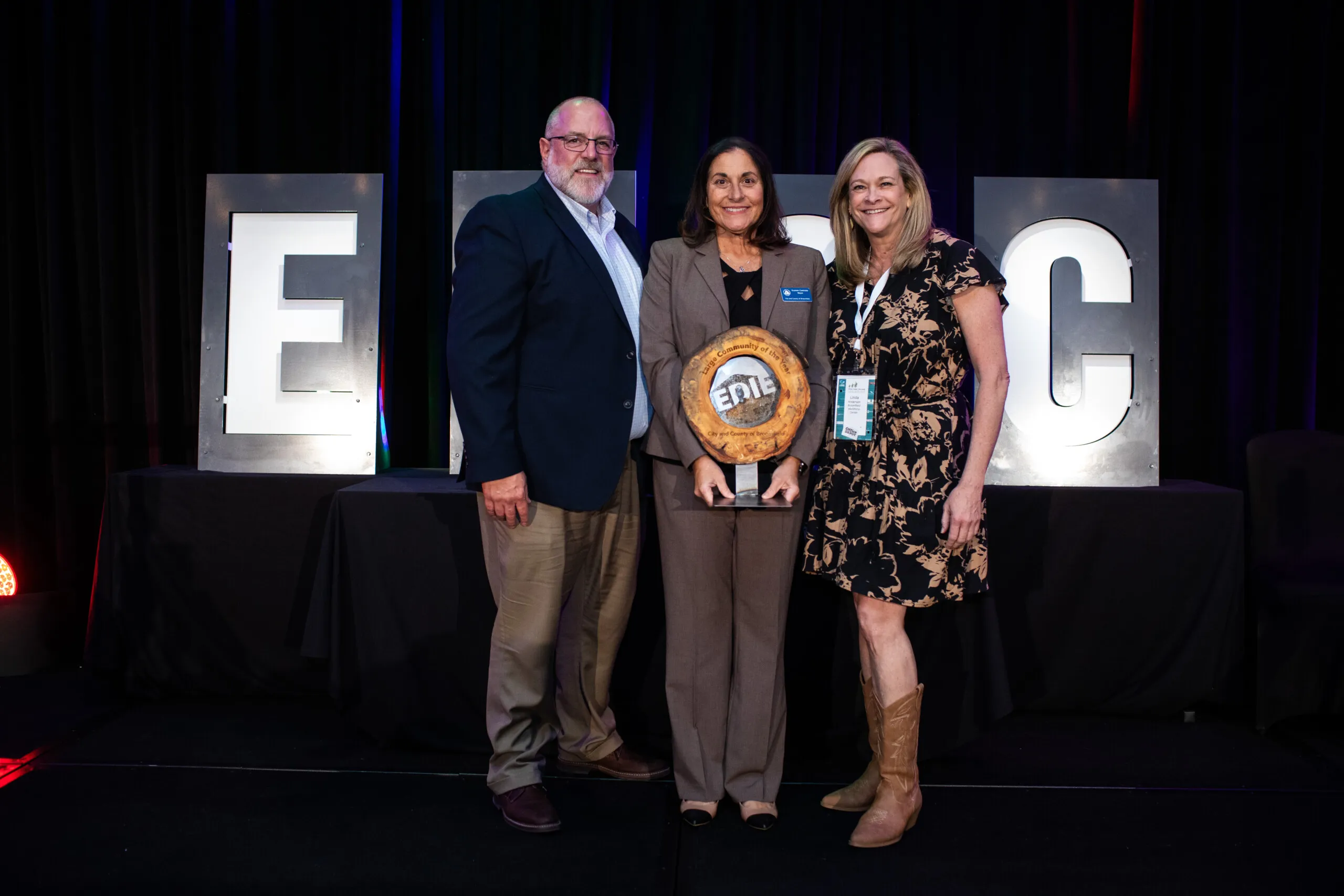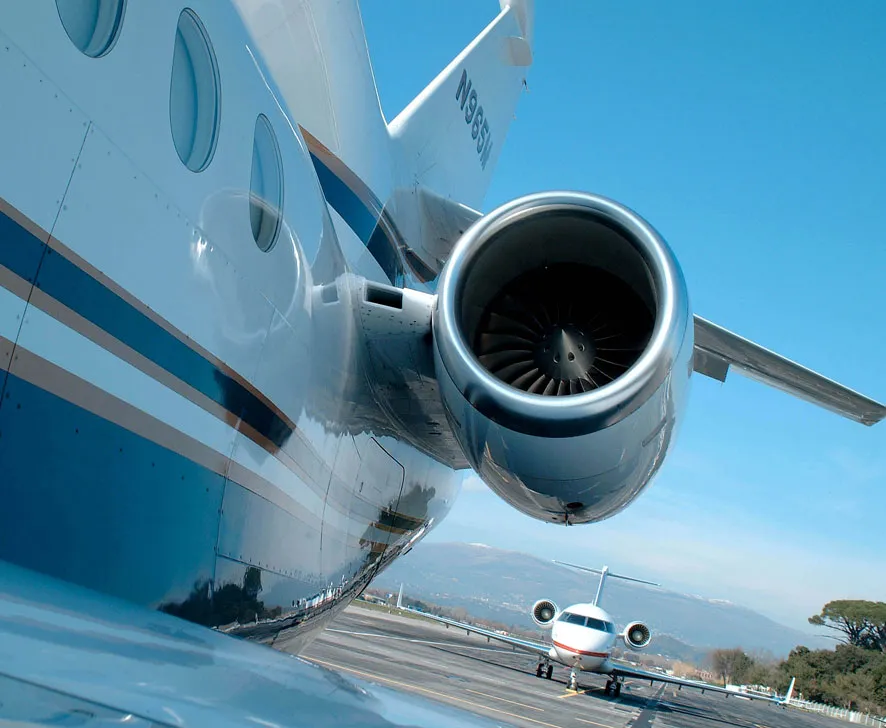Loveland downtown celebrates progress, looks to next steps

LOVELAND — Members of the Loveland community celebrated the progress made in the downtown area since the Community Foundation of Northern Colorado facilitated a discussion with an Urban Land Institute fellow 10 years ago. And Wednesday night another ULI fellow told them it’s time to make use of what’s been built so that the downtown becomes vital again.
Tom Murphy, former mayor of Pittsburgh and an eight-term member of the Pennsylvania House of Representatives, toured the downtown area Wednesday and delivered his suggestions later that day to a group of about 250 people at the Rialto Theater.…
THIS ARTICLE IS FOR SUBSCRIBERS ONLY
Continue reading for less than $3 per week!
Get a month of award-winning local business news, trends and insights
Access award-winning content today!




